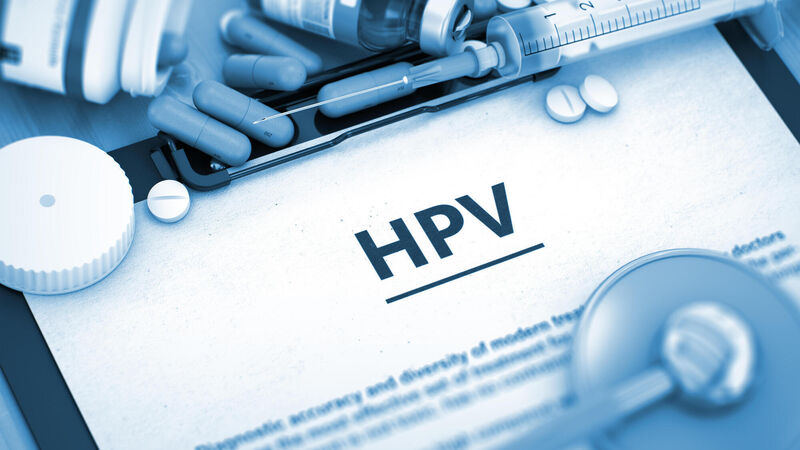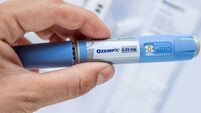Pre-cervical cancer now ‘rare’ in young women thanks to HPV vaccine

'It is incredible, it is a massive reduction': CervicalCheck clinical director Nóirín Russell says that, previously, one in 20 young women had high grade abnormalities but now it’s becoming 'rare' to see this.
Doctors rarely see young women with signs of pre-cervical cancer now thanks to the “incredible” impact of the HPV vaccine, the clinical director at CervicalCheck said.
The HPV vaccine has been offered to girls in first year of secondary school since 2010.













